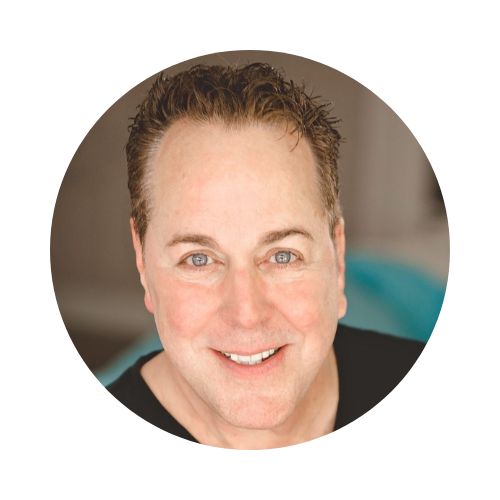Are Professional Products Necessary?
What do you think makes the biggest long-range change in your clients’ skin? Regular monthly facial treatments? Skin peels? Dermaplaning? Micro-current? All of these modalities have their place in many skin care treatment programs, but the one that makes the most difference is what the client is doing to their skin 24-7!
In other words, what that client is doing and using at home is the treatment that stays on for 24 hours a day! Home care programs have the biggest benefit to the skin, but only if they are right for that client’s skin.
Consumers Need Help with Professional Products
Can you imagine being a consumer with no skin care knowledge walking into a department store or cosmetic store trying to buy something for your acne-prone or your aging skin? Where do you start? Who do you believe?
This is why the esthetics profession exists. We are more than “facialists”. We are educators in skin health, helping clients make good choices, not only for in-salon treatments but also helping them choose the right home care “system” for their individual skin.
Are Professional Products Better?
Are professional products better than what is available at a department store or cosmetic store? Maybe or maybe not! Just because a product is donned “professional” does not make it better or more effective.
2 Skin Care Pro’s Offer
5 Spring Skin Care Tips
Download Your Spa-Goer’s Guide To Spring Skin Care

Contribution by Mark Lees, Ph.D., CIDESCO Diploma
Mark Lees, Ph.D., M.S. is a multi award-winning speaker, master clinical skin therapist, and product developer of Mark Lees Skin Care products, specializing in acne, sensitive, and aging skin, and author of Skin Care: Beyond the Basics, the Skin Care Answer Book, and his latest book Clearing Concepts: A Guide to Acne Treatment. He has a regular column, Skin Solutions, in ASCP’s Skin Deep Magazine.
He has been actively practicing clinical skin care for over 30 years at his multi-award winning CIDESCO accredited Florida salon.
Dr. Lees’ numerous professional awards include American Salon Magazine Esthetician of the Year, the Les Nouvelles Esthetiques Crystal Award, the Dermascope Legends Award, the Rocco Bellino Award for outstanding education from the Chicago Cosmetology Association, and the Esthetics International Humanitarian Award from the Southern Spa and Salon Conference. He has also been inducted into the National Cosmetology Association’s Hall of Renown.
Dr. Lees has been interviewed and quoted by NBC News, The Associated Press, The Discovery Channel, Woman’s World, Glamour, Self, Teen, Shape, and many other publications.
His line of products for acne-prone, sensitive, and sun-damaged skin is available at finer salons and clinics throughout the United States.
Some “professional” products do contain higher concentrations of “performance” ingredients (aka “actives), but not all do. There are actually some very effective products marketed in departments stores.
What makes a difference in buying products from a licensed esthetician is that the esthetician is lending his/her knowledge of ingredients, and his/her research in products and skin conditions to help the client set up the best program for their skin.
5 Ways To Be A Product Recommendation Expert

Position yourself as an ingredient expert. This means you need to make sure you ARE an ingredient expert. Read all you can about ingredients, get info from your suppliers, take classes at trade shows or workshops offered by skin care professional groups. Know your products and how to position them for every situation.

You must ABSOLUTELY BELIEVE in the products you are selling! You must use them yourself and be able to speak first-hand about textures, product weight on the skin. You must be able to tell the client why you chose the product lines you offer. A client can tell in a split second if their specialist is truly familiar with the products they are selling.

Include a skin analysis and consultation in EVERY treatment. Talk to the client about their skin care concerns, and what you are seeing under the mag lamp. Offer a home care treatment plan which will include a cleanser, toner, sunscreen/moisturizer, specialty serum, night product, and eye product. A very effective technique is to offer a kit for the skin type. This kit should include the entire regimen and should be offered at a lesser collective price for the entire program.

Never insult or talk badly about other products. Instead, ask the client if they feel that the product has worked well for them. Most will say it was “ok”. The fact is that they are usually asking you about the same issue! Tell the client that you carry the products you do because you have seen them work!

Start a “Before & After” photobook! (Make sure you have your clients’ written permission to show their photos). Pictures are worth a thousand words! Ask your suppliers if they have case studies available to show clients results for their products.

